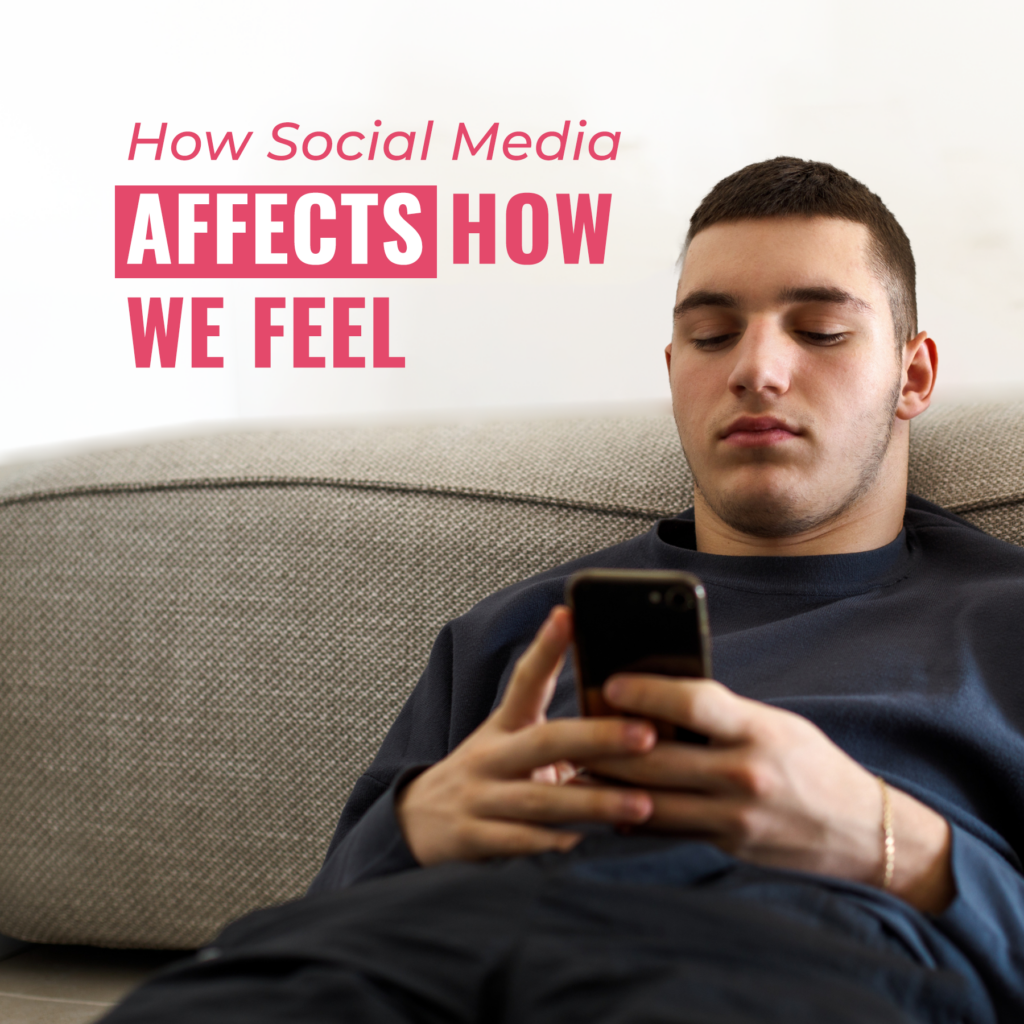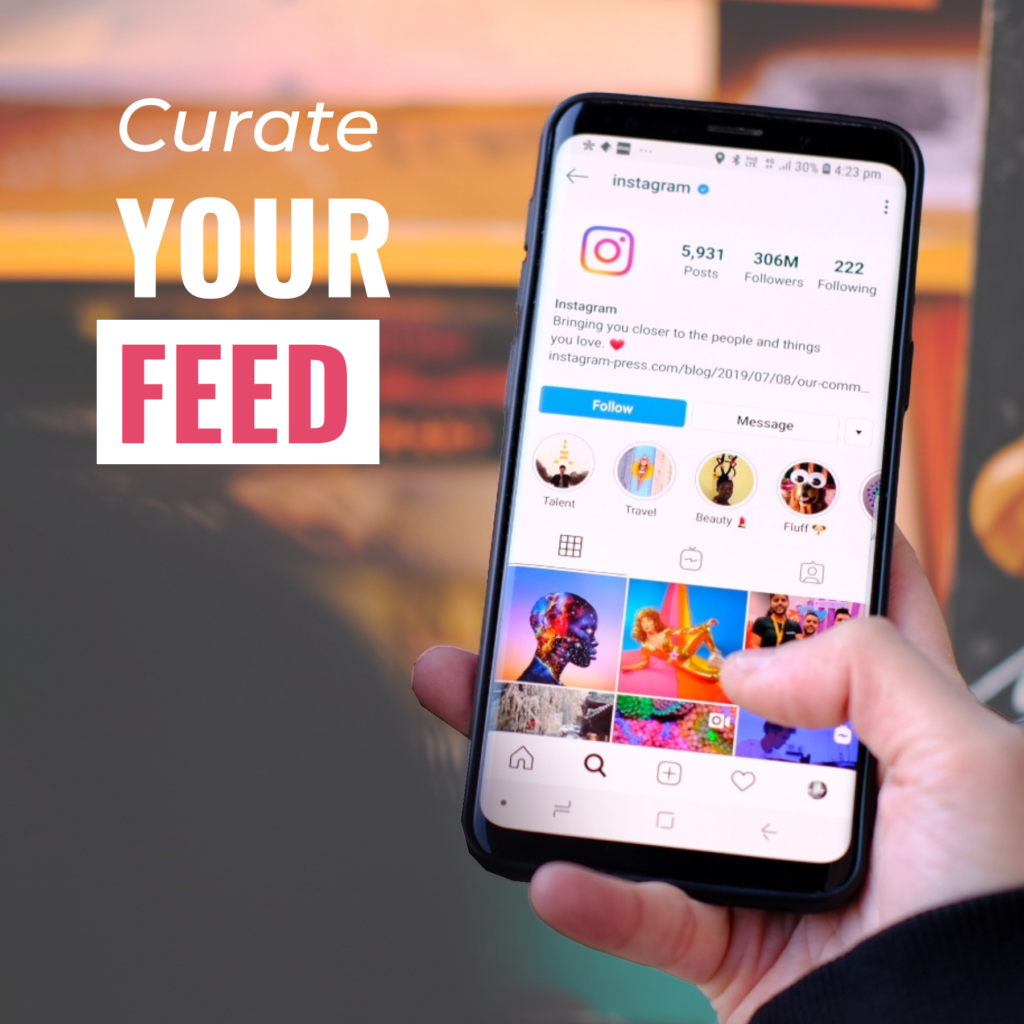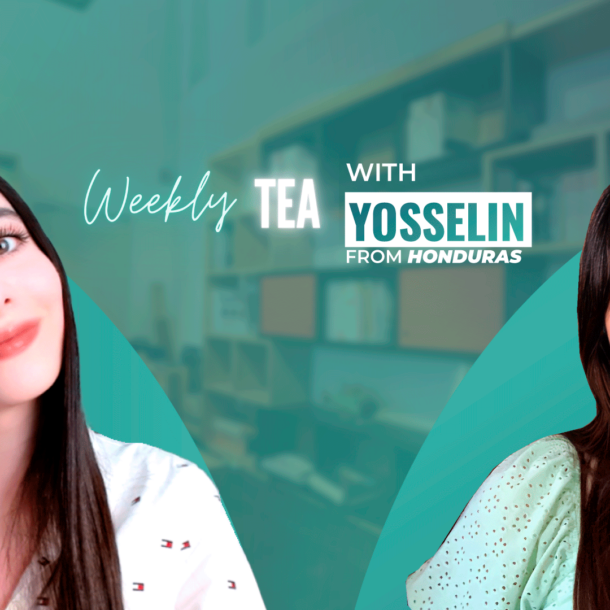
Most people in this digital era have used social media at least once in their lives; it’s extremely popular. People use these platforms to share information and connect with one another. However, it’s crucial to recognize its potential impact on our mental well-being.
In this blog, we’ll explore the significant influence of social media on mental health and discuss strategies to maintain a healthy balance in the digital era.
How Social Media Affects How We Feel
Social media offers the opportunity to connect with millions of people all over the world. Several people find employment opportunities and useful tips on the accounts they follow. But how does social media affect how we feel?

Taking a closer look, the link between social media and mental health is important. Social media can affect your well-being, especially for people who work from home.
Social media use can cause time wastage and difficulty with tasks when used excessively. Seeing others doing well online can also make you feel bad about yourself.
Additionally, spending your free time on these platforms may result in loneliness due to reduced real-life interactions. To prevent these issues, it’s important to use social media less and find a good balance. Continue reading to receive guidance on how to achieve this.
Setting Boundaries: A Path to Wellness
To navigate the intricate relationship between social media and mental health, it’s crucial to establish healthy boundaries. Recognize when you’re reaching a saturation point and take intentional steps to disconnect. Here are five actionable tips to help you maintain a healthy balance:
1. Designate Screen Time
If you usually spend between 3 to 4 hours, or even more, on social media, consider setting aside a specific time slot for usage. It’s best to spend no more than an hour on these platforms.
This approach helps you learn, achieve more, and build stronger relationships both online and in person.

While some may feel it’s not enough for catching up, reducing time online helps create structure, avoids excessive screen time, and promotes more productive activities.
2. Take Mindful Breaks
During the day, Job Duck employees get two 15-minute breaks and an hour for lunch to stretch, relax, eat, and come back focused.

During your breaks, detach from the digital world. Engage in deep breathing or take a brisk walk to clear your mind and regain perspective.
This practice reduces the urge to use social media excessively, offering alternative ways to relax and recharge.
3. Pursue Offline Hobbies
Far too often, people spend their free time scrolling through social media. In the blink of an eye, hours have gone by without them using their time for more productive activities.
The best way to boost your mental health is to do things you love offline.

Whether it is painting, cooking, or playing music, make sure you set time apart for those activities that truly recharge you and leave you feeling energized.
Spending time on these hobbies makes you feel good and proud of yourself, which can improve your overall well-being. It’s like giving yourself a gift of happiness.
4. Curate Your Feed
We often feel connected to emotional online stories, which isn’t bad—it shows our caring nature. Yet, there are two views: you can either provide aid or be unable to help. Regrettably, when assistance isn’t possible, it leads to inner distress.

In other cases, people often follow accounts that show an unrealistic life with luxury activities, leading to self-doubt and questioning one’s worth.
In order to improve your mental health, it’s best to include uplifting and inspiring content on your social media feed. Consider unfollowing accounts that evoke negative emotions and seek out communities that share your interests and values.
5. Establish Tech-Free Zones
Even when we have free time, a chance to enjoy hobbies, or be with loved ones, some people decide to be online. This can lead to wasting time that could be spent on things that truly bring us joy.
Create specific places where you don’t use technology in your home, fostering an environment for relaxation, hobbies, and meaningful conversations.

As a result, you’ll feel more peaceful, happier and improve your sleep.
Mastering the Digital Balancing Act
While social media can affect mental health, it can also be used effectively. Create limits, enjoy offline activities, and cultivate a positive online space. This helps you navigate the digital world and maintain a healthy mind. Start today – take a break, relax, and work towards a better, balanced connection with social media.
Our Available Career Opportunities



